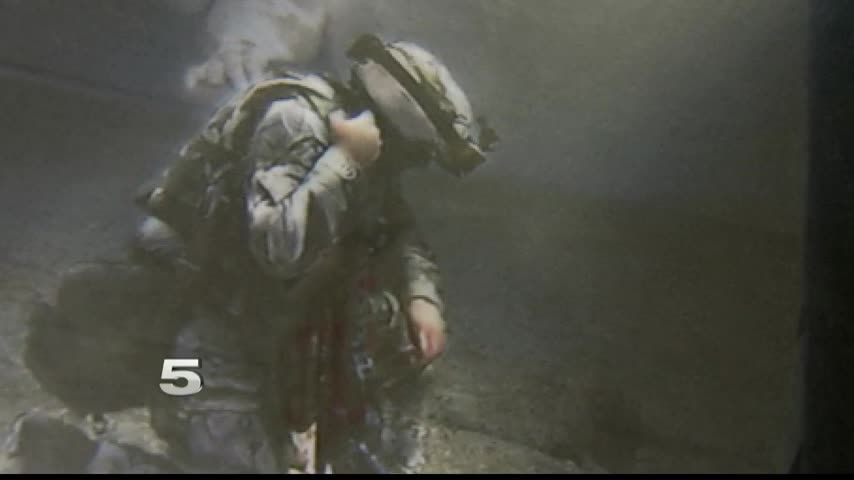Mental Health Resources Available to Help Veterans
WESLACO – After coming home from war, thousands of veterans find themselves lost when trying to adjust to civilian life. There are places and resources available to help veterans cope.
A counselor at one Rio Grande Valley agency reached out to fellow veterans to begin a program dedicated to them. Some veterans were already at a dead end, no one to turn to, and no place to go. For some life took them to the edge.
The Military Veteran Peer Center in Harlingen is open to all veterans.
“The only requirement that we have is for them to bring a copy of their DD-214 or their VA ID and that’s all we require from them,” Anna Castillo said.
Castillo is a veteran’s program supervisor with Tropical Texas Behavioral Health.
“My belief, it has opened the doors for our young vets coming out,” she said.
The Edinburg native is a veteran and a licensed professional counselor. The peer center is one more resource.
At the center, veterans will find financial assistance, counseling for themselves and their families and treatment for substance abuse and posttraumatic stress disorder (PTSD).
“A lot of anxiety, the depression, the substance use, a lot of our veterans cope with some of those symptoms with alcohol,” Castillo explained.
According to the U.S. Department of Veteran Affairs, about 12 out of every 100 Gulf War veterans have PTSD in a given year.
Convincing the veteran that it’s okay to say they need help is a challenge for some professionals.
“One of my main goals back then, was knocking on doors and bring this awareness,” Castillo said.
Their training shows they don’t give in.
“We’re not supposed to show that side, not to supposed to be going through that, not supposed to have that in us,” Army veteran Victor Zamora said.
The Brownsville native served in Desert Storm.
When the topic of his children is mentioned, he recalls the time he missed with them. Slow deep breaths help to reign in his emotions and how he controls his PTSD.
“Now that I’m clean and getting help, it’s something that I know what it is, now I know how to fight it within me,” he said. “I was scudded 13, 14 times. All the sirens I would hear freaked me out in the beginning.”
As time went on, the signs of the illness began to appear.
“I know it was hard for me, pretty sure a lot of us, at first we thought it was just us,” Zamora said. “It’s a part of life that we had to adapt to it, that we have to get used to it.”
Zamora and his friends found different ways to cope with it. Heavy drinking and facing PTSD took over his life for years.
“They didn’t know what to do. They didn’t know what I was talking about. I told them what I had and everything,” he said.
After several run-ins with the law, he finally entered a program for veterans and slowly there was a change for the better.
“We learn each other’s’ stories and we go, ‘You too?’ And we figure out you have it worse than I do,” he said. “We help each other out. We become another family there.”
Zamora said he’s not leaving his fellow soldiers behind.
“Don’t think you’re not alone. I thought I was alone, we’re always here for you and they’re there for us. It might not be perfect, needs a lot of work and that can be fixed, and so can you and so can I,” he said.
Zamora eventually found help through the Cameron County Veterans Court three years ago.
They help veterans who commit crimes that can be connected to their PTSD, find recovery through counseling and with the support of other veterans.
For more stories and information visit Heart of the Valley: Mental Health.





